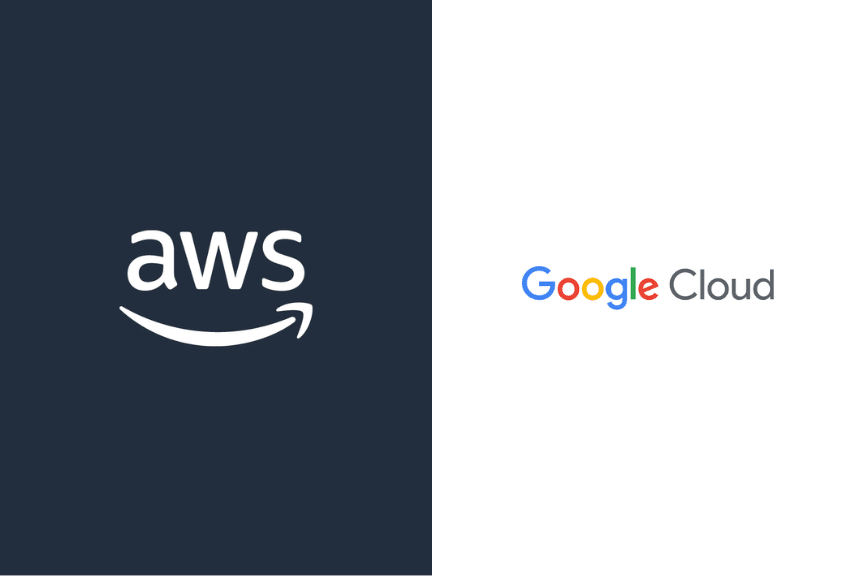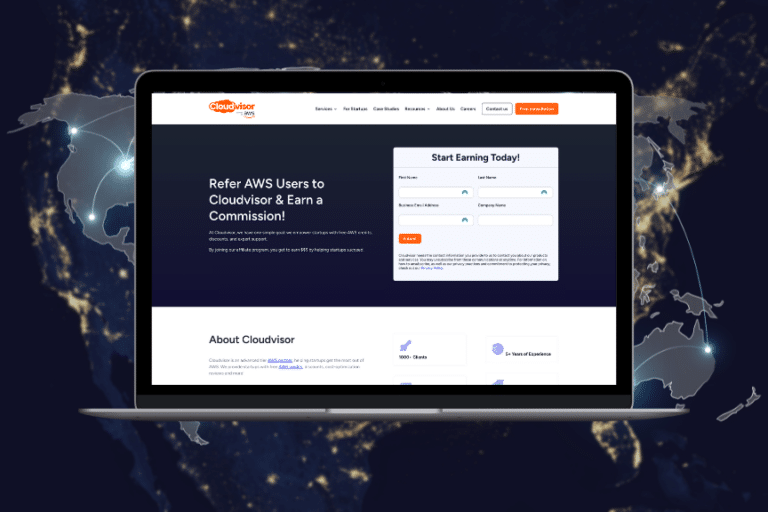In the dynamic world of cloud computing, two titans dominate the landscape: Amazon Web Services (AWS) and Google Cloud Platform (GCP). While both offer robust services, a critical question for businesses of all sizes is: which is more cost-effective? This comprehensive analysis aims to unravel the AWS vs. Google Cloud price debate, highlighting why AWS may be the more economical choice for diverse business needs.
Table of Contents
AWS and Google Cloud: An Overview
AWS, a subsidiary of Amazon, is the frontrunner in cloud computing, with a rich history dating back to 2006. It offers an extensive range of services, including storage, computing, and networking, across a global network of availability zones. Google Cloud, emerging in 2011, leverages Google’s powerful infrastructure, offering a suite of services that, while similar to AWS, are often perceived as more competitively priced.
| Aspect | AWS | Google Cloud |
|---|---|---|
| Global Presence and Availability | Leads with 24 regions and 77 availability zones | Operates in 22 regions and 61 availability zones |
| Market Share | Holds over 30% of the cloud market | Rapid growth but still trails behind AWS in market share |
| Service Offerings | Extensive range including Amazon EC2, AWS Lambda, and Elastic Beanstalk | Offers services like Google Compute Engine, Google App Engine, and Google Kubernetes Engine |
| Database and Storage Solutions | Generally offers a more diverse range | Provides robust options but generally fewer than AWS |
| Instance Pricing | Utilizes an hourly billing model, which can be more predictable and budget-friendly for sustained workloads | Offers per-second billing, advantageous for short-term or fluctuating workloads but can be less predictable in budgeting |
| Long-term Commitments and Discounts | Provides significant discounts for reserved instances, benefiting businesses with predictable usage patterns | Offers sustained use discounts, but these may not match the savings potential of AWS’s reserved instance pricing |
| Comparative Cost Analysis | AWS’s pricing model, especially with reserved instances, often results in lower overall costs for consistent workloads | For larger instances, AWS’s pricing remains competitive, often undercutting Google Cloud on a per-hour basis |
| Security, Support, and Reliability | AWS’s longer market presence has led to a perception of greater reliability and a more extensive support network | Although robust, Google Cloud has experienced notable downtimes, slightly affecting its reliability perception |
| Downtime and Stability | Demonstrated remarkable stability with minimal downtime | Robust but has experienced notable downtimes |
| Job Market and Industry Adoption | Dominates job market with more opportunities linked to AWS technologies | Growing presence but fewer opportunities compared to AWS |
Global Presence and Availability Zones
- AWS: Leads with 24 regions and 77 zones, offering unparalleled global coverage.
- Google Cloud: Operates in 22 regions and 61 zones, slightly trailing AWS in global reach.
Market Shares & Growth
- AWS: Holds the lion’s share with over 30% of the cloud market.
- Google Cloud: Despite rapid growth, it still lags behind AWS in overall market presence.
Comprehensive Service Offerings: AWS vs Google Cloud
Both AWS and Google Cloud are renowned for their extensive range of services, catering to various computing needs. However, AWS’s vast array and diversity of services often provide a significant advantage, particularly for businesses seeking a one-stop solution for all their cloud computing requirements.
Computing Services
- AWS: Features a diverse range of services like Amazon EC2, AWS Lambda, and Elastic Beanstalk.
- Google Cloud: Offers Google Compute Engine, Google App Engine, and Google Kubernetes Engine.
Database and Storage Solutions
AWS and Google Cloud both provide robust database and storage options, with AWS generally offering a more diverse range.
Delving into Pricing Models: AWS vs Google Cloud Price Analysis
When comparing AWS vs. Google Cloud in terms of pricing, the structures and strategies they employ play a pivotal role in determining their overall cost-effectiveness. Understanding these pricing nuances is crucial in making an informed decision for businesses of varying sizes and industries. With its diverse and flexible pricing models, AWS often emerges as the more economical choice, particularly when considering long-term commitments and larger-scale operations.
Instance Pricing
- AWS: Utilizes an hourly billing model, which can be more predictable and budget-friendly for sustained workloads.
- Google Cloud: Offers per-second billing, which is advantageous for short-term or fluctuating workloads but can be less predictable in budgeting.
Long-term Commitments and Discounts
- AWS: Provides significant discounts for reserved instances, benefiting businesses with predictable usage patterns.
- Google Cloud: Offers sustained use discounts, but these may not match the savings potential of AWS’s reserved instance pricing.
Comparative Cost Analysis
- General Instances: AWS’s pricing model, especially with reserved instances, often results in lower overall costs for consistent workloads.
- Larger Instances: For larger instances, AWS’s pricing remains competitive, often undercutting Google Cloud on a per-hour basis.
Security, Support, and Reliability
Both platforms are renowned for their security measures. However, AWS’s longer market presence has led to a perception of greater reliability and a more extensive support network.
Downtime and Stability
- AWS: Has demonstrated remarkable stability with minimal downtime, enhancing its appeal for critical business operations.
- Google Cloud: Although robust, has experienced notable downtimes, slightly affecting its reliability perception.
Job Market and Industry Adoption
AWS’s dominance is reflected in the job market, with more opportunities linked to its technologies. This widespread adoption further reinforces its position as a market leader.
AWS: The Preferred Choice for Diverse Business Needs
AWS’s comprehensive service offerings and flexible pricing models make it an attractive option for businesses of all sizes. Its global reach, established reputation, and commitment to innovation and customer support further solidify its position as the more cost-effective choice in many scenarios.
Why AWS Stands Out
- Predictable Pricing: AWS’s pricing, especially with reserved instances, offers predictability and cost savings for long-term commitments.
- Comprehensive Service Range: The breadth of AWS’s services means businesses can consolidate their cloud operations, potentially reducing costs and complexity.
- Global Network: AWS’s extensive global network ensures high availability and performance, which is crucial for international businesses.
- Proven Track Record: AWS’s long-standing market presence and consistent innovation make it a trusted partner for businesses seeking stability and growth.
Conclusion
While both AWS and Google Cloud offer compelling services, AWS emerges as the more cost-effective option for a broad range of business needs. Its predictable pricing models, extensive service offerings, and global presence make it a go-to choice for businesses seeking a reliable, comprehensive, and economical cloud solution.
For an in-depth exploration tailored to startups, visit Cloudvisor’s detailed AWS vs Google Cloud comparison.







